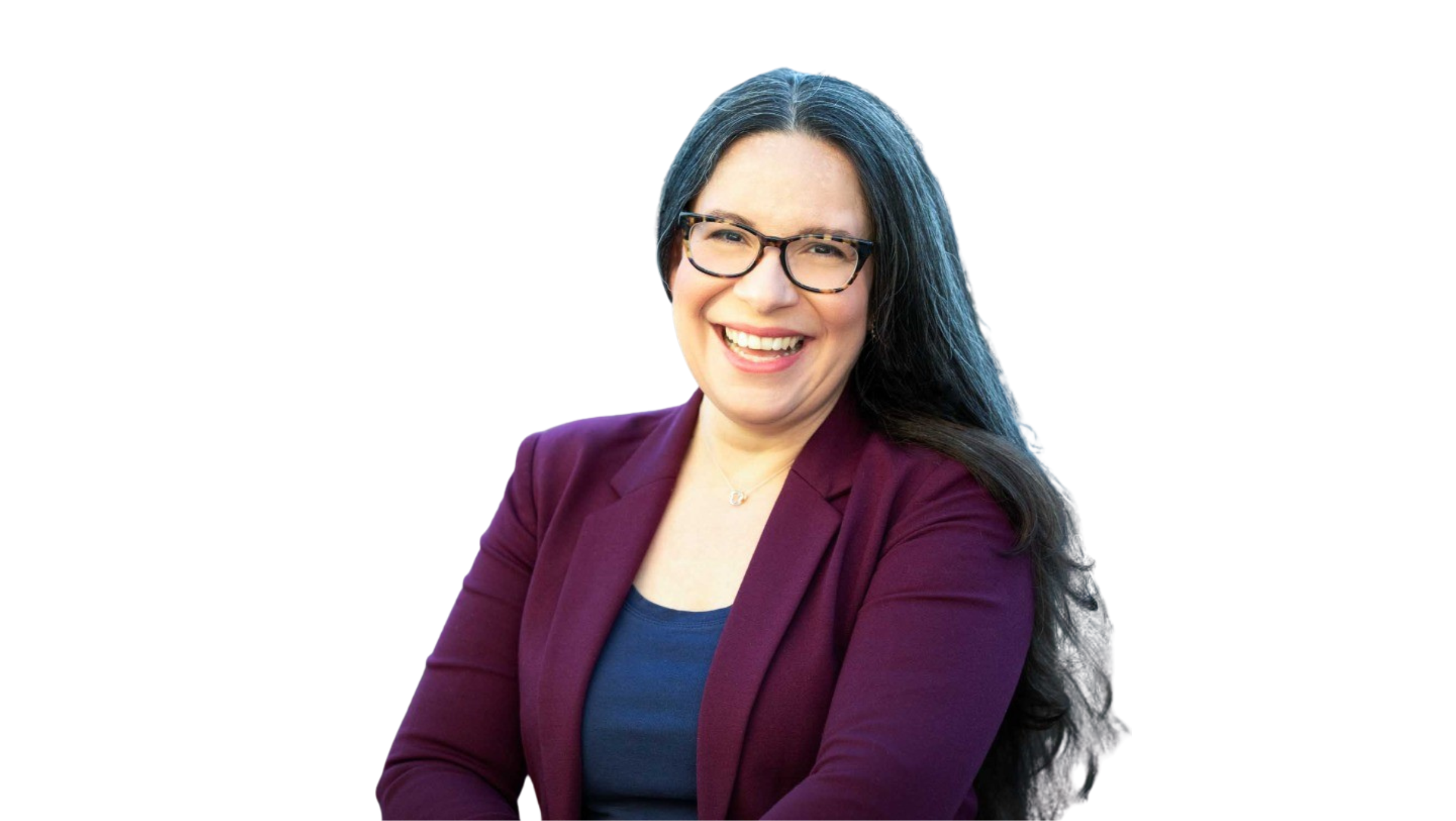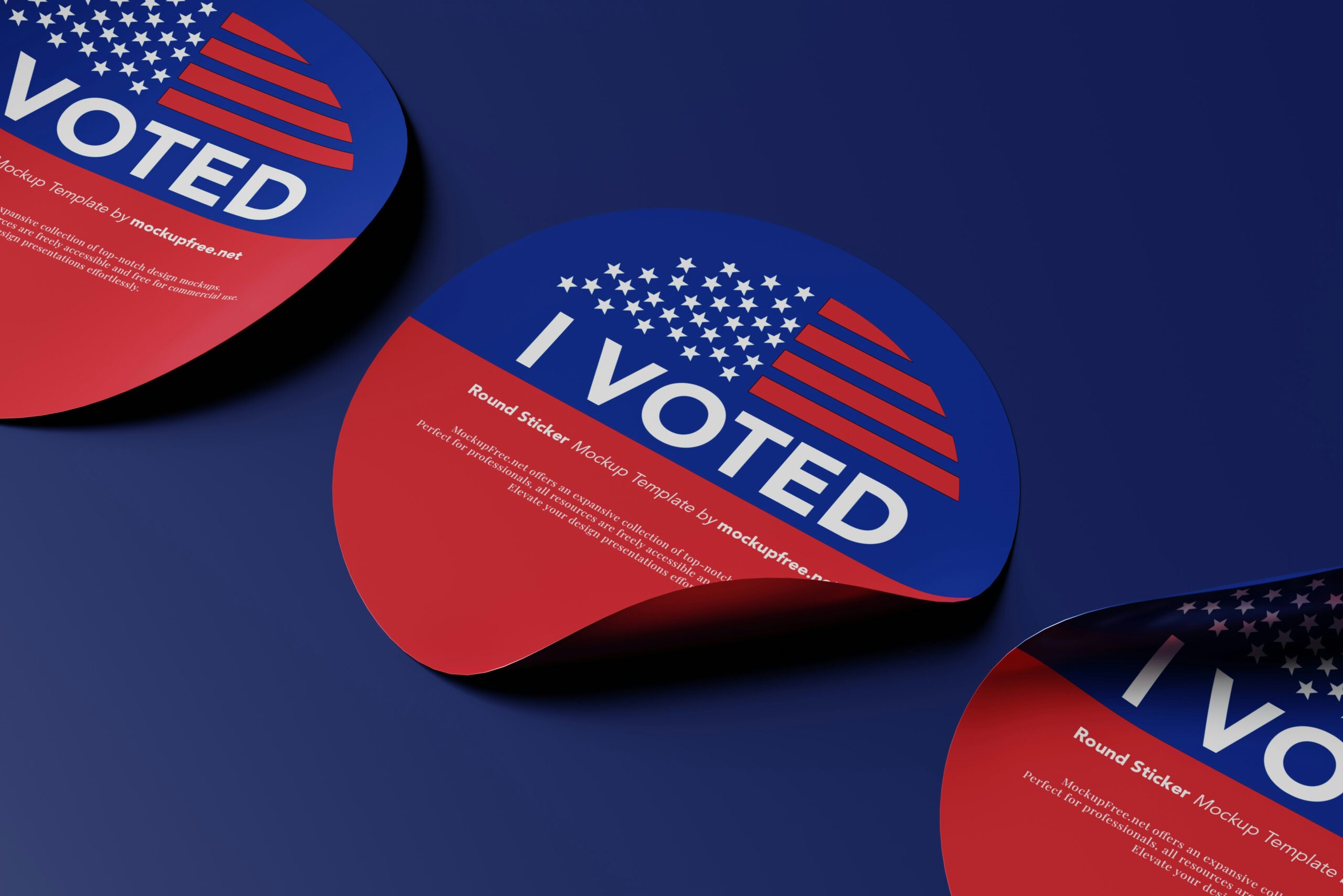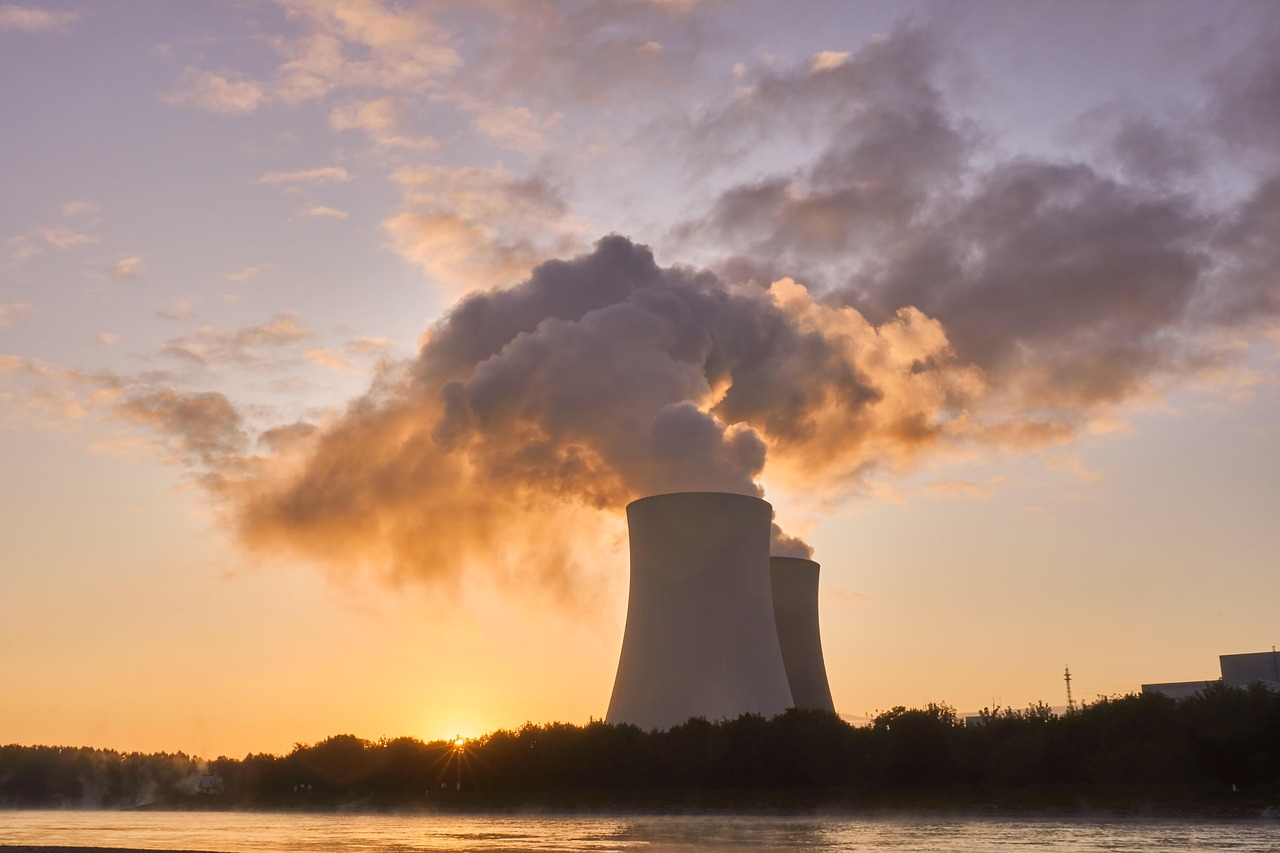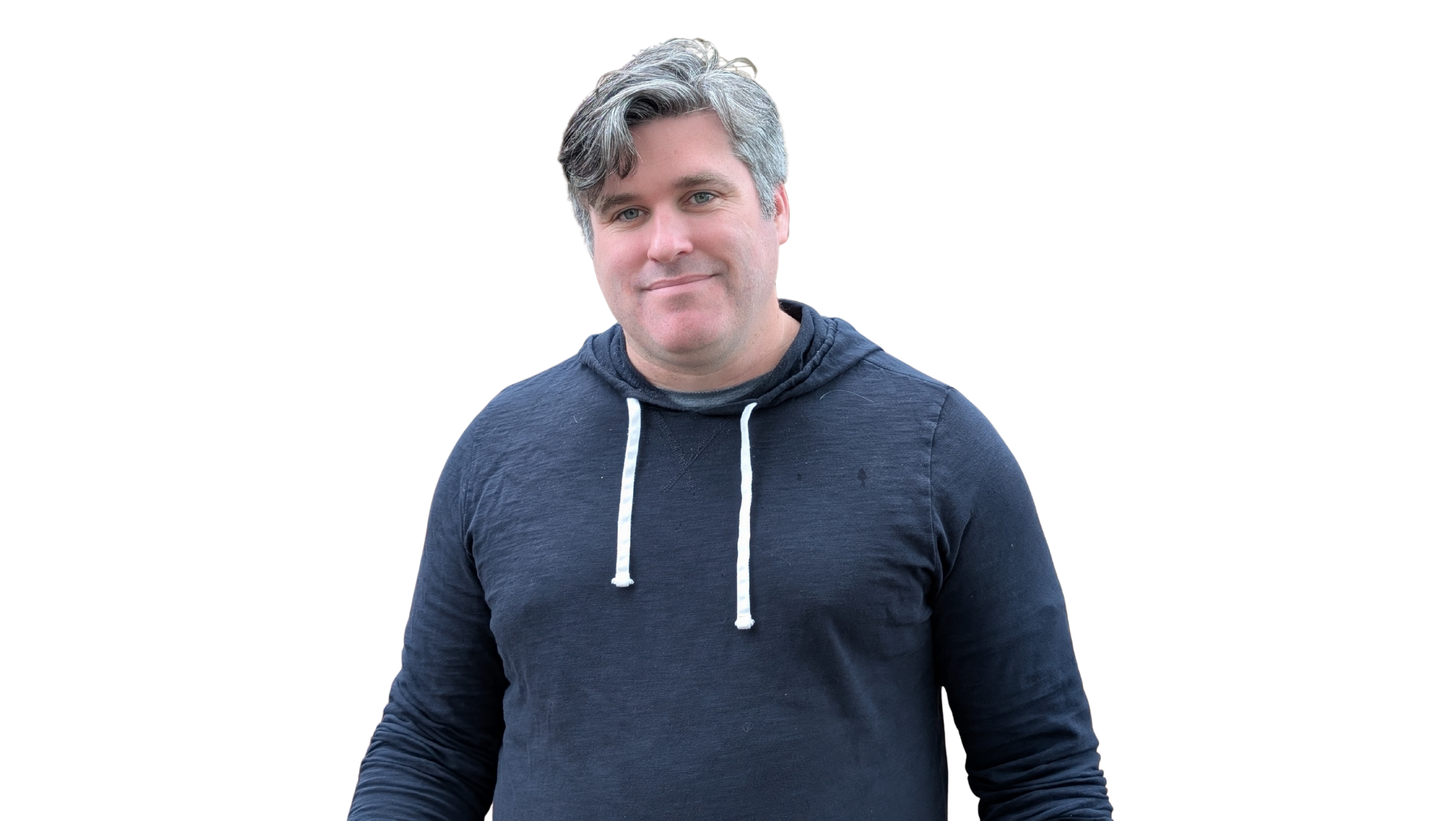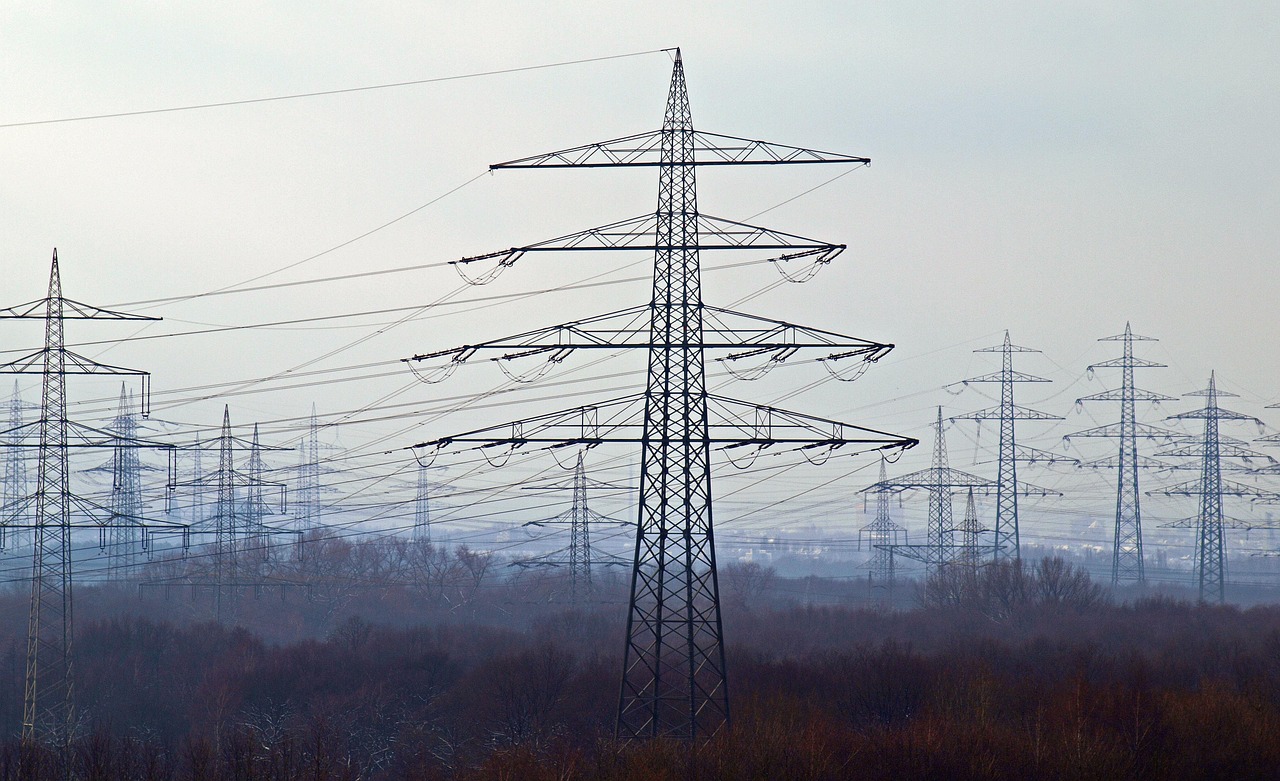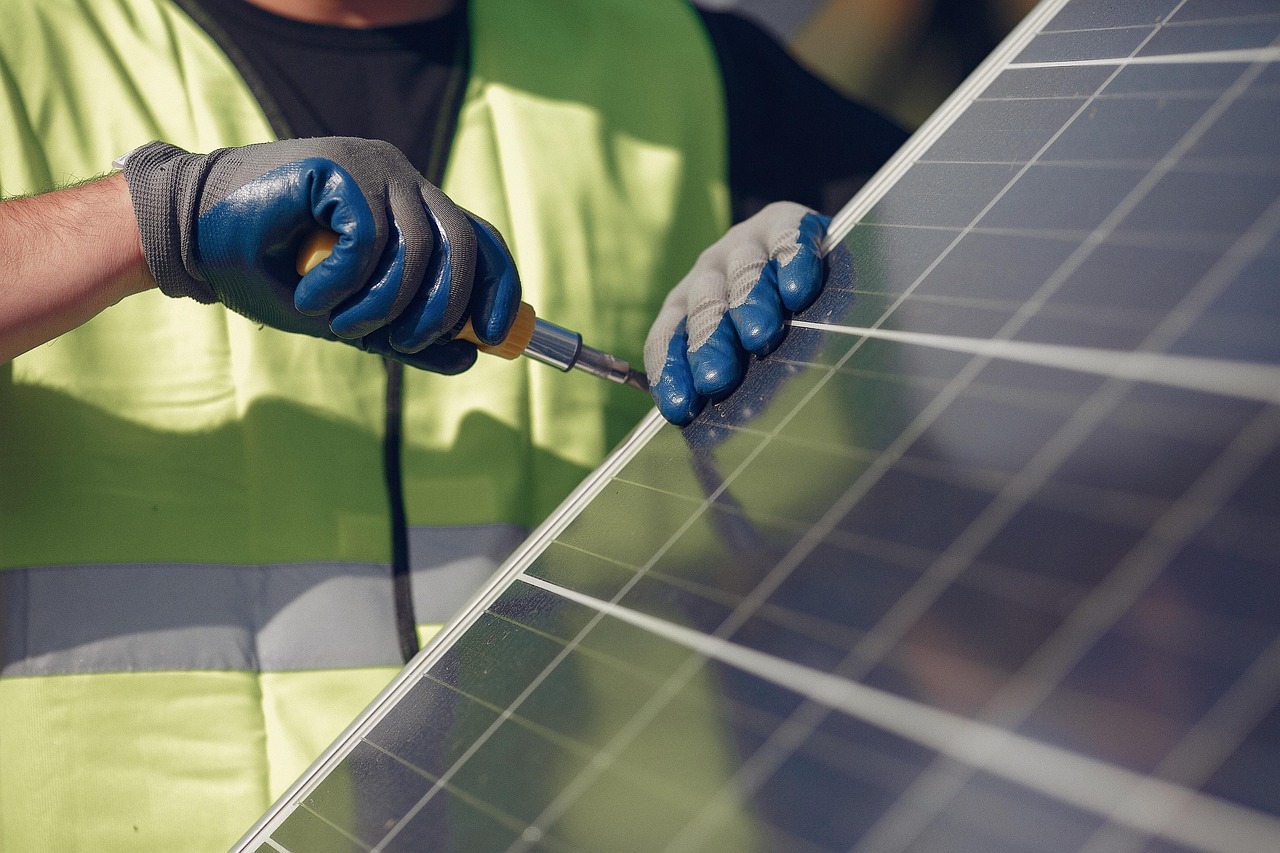It wasn’t politics that brought her to climate, it was climate that pushed her into politics, transforming a scientist into a strategist. Today we’re featuring Angela Barranco, Executive Director of Climate Group North America, where she oversees the fast approaching Climate Week NYC, the world’s largest private climate gathering, bringing together unexpected allies and bold ideas to move the climate agenda forward.
This episode underscores how aggressive messaging can sway decisionmakers on consequential, multi-billion-dollar issues. A sharp communications strategy can help to deliver outcomes few expect. That has certainly been true for Zeldin. Many assumed he was simply posturing for his boss, with little chance of influencing the courts.
He’s gone from launching tech startups in the Bay Area to creating one of the most widely read climate newsletters in the world.
So it’s no surprise that energy prices are shaping up to be a major factor in the coming elections.
The U.S. nuclear comeback faces a major hurdle: nearly 100,000 tons of spent fuel and no permanent storage solution, as political opposition blocks waste sites.
Meet Matt Duffy, founder of TerraSol, a platform helping farmers adopt solar energy. From Coast Guard rescues to data science, he’s driving innovation at the intersection of agriculture and clean energy.
Canary Media’s Jeff St. John brings deep expertise to reporting on clean energy, climate policy, and the technologies driving the energy transition.
Anyone wondering what role rising utility bills will play in the midterms should look no further than New Jersey, where voters will choose their next governor in just 10 weeks.
After the passage of the One Big Beautiful Bill, we turned to someone who understands why companies must keep pushing for clean energy.
Every member of Congress who voted for the One Big Beautiful Bill should spend now until November 2026 answering for the fact that they voted to raise Americans’ electric bills to pay for tax cuts for millionaires.
